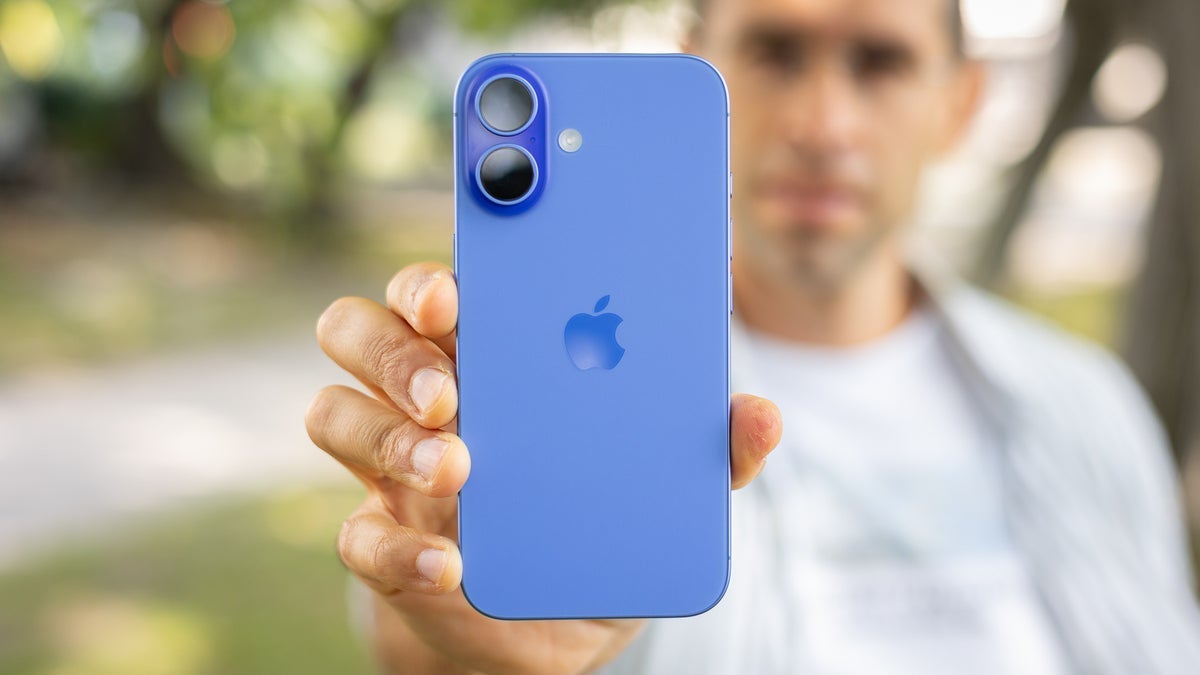
Now is the best time for Apple's epic AI fail: the flak is far from fatal
- 20.03.2025 11:16
- phonearena.com
- Keywords: AI, Apple
Apple faces criticism for lagging in AI compared to rivals, but the backlash isn't severe as few users actively utilize advanced AI features. Despite marketing hype, AI adoption remains low, and incremental phone improvements overshadow current limitations.